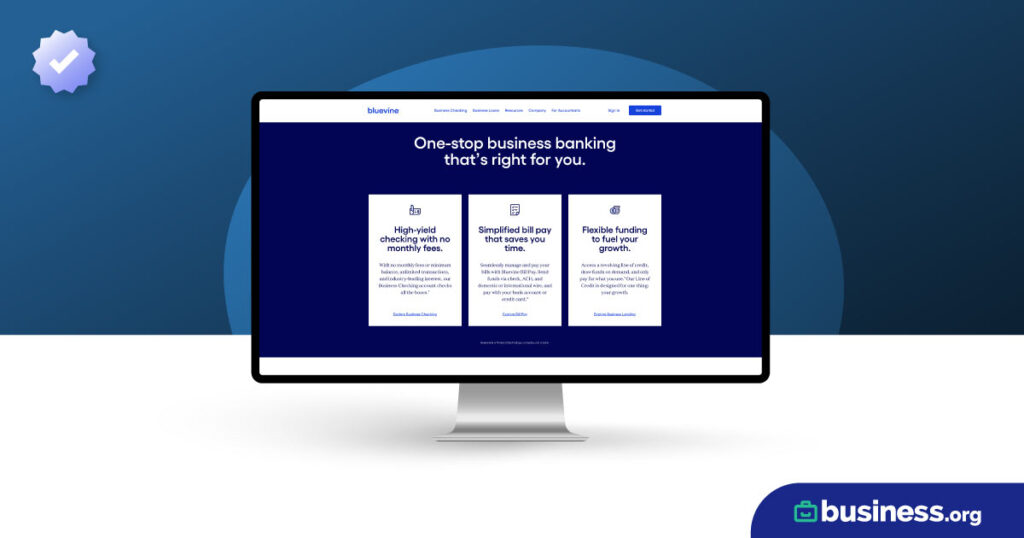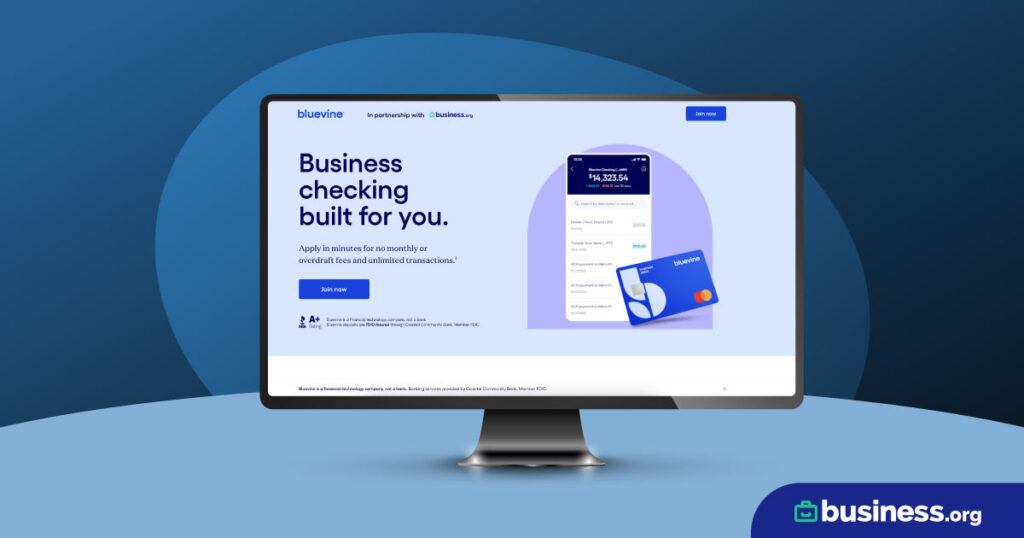We are committed to sharing unbiased reviews. Some of the links on our site are from our partners who compensate us. Read our editorial guidelines and advertising disclosure.
Does Your Business Have a Cash Reserve? Here’s How to Start Saving
Just how much cash should your business have on hand? You know, in case you have an unexpected cost or emergency? Experts agree that small businesses should have three to six months’ worth of cash reserves.
Your “just in case” cash on hand is vital to keeping your business afloat through ups and downs. It can help fill unexpected gaps in sales or expenses. It can help you manage a surprise emergency. It’s especially helpful as we face rising costs and an anticipated recession.
So how do you go about building a cash reserve? Let’s get started.
1. Start with your cash flow
That’s right — your business's cash flow is the first thing you need to know inside and out. Start by examining your cash flow trends from at least the past year. How much are your regular expenses? How much are you earning? Are there any unusual fluctuations? What seasonal changes impact your business? Is there anything else worth noting? Chart it all.
Once you have an understanding of your business’s trends from the past year, use that data to create a cash flow forecast for the next 12 to 15 months. Your projections can help you plan accurate earnings and expenses. Just remember that earnings can fluctuate (hence, the need for cash reserves).
If you don’t already track your cash flow, start today.
By signing up I agree to the Terms of Use and Privacy Policy.
2. Examine your goals
Once your cash flow statement and projections are in place, it’s time to consider your unique business needs and goals. Let’s start with the stage of business you’re in.
If you’re in the startup or early stage, your business is going to need more reserves than an established business. Startups are more likely to have unexpected expenses and general unknowns than businesses that have been through several sales cycles. Early-stage businesses should build their reserves with this in mind.
If you have an established business, examine your goals. Do you have plans to scale? Do you have product development underway? Is your business going through any type of change that could require an unexpected investment? Account for any major changes you foresee in the next year when building your reserves.
3. Consider external forces
What’s happening outside your business will definitely affect what’s happening inside your business. And we’re not just talking about the big stuff — you know, the looming recession, supply chain disruptions, and economic swings.
While global forces will play a critical role in your cash reserves planning, don’t neglect the external factors that are closer to home. Is there anything worth noting in your region, state, or city? What’s happening in your industry?
Make sure you have an understanding of how outside forces could impact your sales, and plan your cash reserves accordingly.
4. Build your buffer
Now the fun part: figuring out exactly how much cash reserves to store away. Experts agree to have about three to six months of cash ready to use. To begin building your reserves, start with your cash flow statement and determine what three to six months look like for you. Next move to steps two and three. What internal and external forces do you need to account for?
If there are any significant changes up ahead — whether within your business or outside of it — consider building your cash reserves for up to seven months. But don’t get carried away and start saving everything. Savings beyond your six months’ reserves should likely be reinvested back into your business.
5. Keep the cash handy
We’re not talking about stashing it in a box under your mattress. The key is to make sure you can liquidate funds quickly — at least within 90 days.
Some businesses store their cash reserves in a separate bank account, so it’s not inadvertently used. You can also consider investing it in a high-yield savings account, money market account, Certificate of Deposit (CD), or bonds.
Just make sure you can tap into those funds quickly and easily.

Want affordable banking with great perks? With Bluevine, you can get a fee-free business checking account―and you can even earn up to $5,000 in interest.
The takeaway
Unexpected expenses can happen to anyone, at any time — and they can take an unprepared small business down. Your small business should have about three to six months’ worth of cash on hand to cover any unexpected expenses that arise. Start planning today and you’ll thank yourself tomorrow.
Related content
Disclaimer
At Business.org, our research is meant to offer general product and service recommendations. We don't guarantee that our suggestions will work best for each individual or business, so consider your unique needs when choosing products and services.




